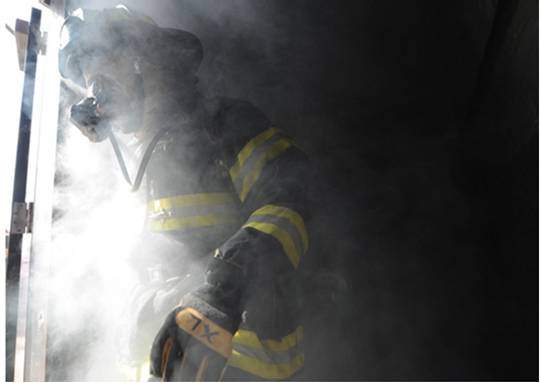Incident Report
Subject: Fire-fighters' risk of heart attack to be studied
Date
of Email report: Wed 05/12/2012
Report Detail:

The study will look at the health of 50 fire-fighters over two years
Research is to be carried out to establish why fire-fighters have the highest risk of heart attack of all the emergency services. In spite of regular health and fitness checks, fire-fighters have been shown to be prone to cardiac arrest. The British Heart Foundation has provided £200,000 to support the new study. Scientists from Edinburgh University will monitor 50 fire-fighters over a two-year period. One of those who agreed to take part is Watch Commander Stevie Young of Lothian and Borders Fire and Rescue Service (LBFRS). He said: "My father passed away in his 50s with heart trouble and he started getting heart trouble in his 40s. "I'm 48 now so I think it's beneficial to find out especially with the job I'm in, quite an active job, so it's beneficial for me to find out more about it."
'30-fold increase'
A heart attack is the leading cause of death on duty for fire-fighters. They also tend to suffer cardiac arrest at a younger age than the general population. Dr Nick Mills, the consultant cardiologist leading the research at Edinburgh Royal Infirmary, said: "The risk of having a heart attack whilst you're in service as a fire-fighter is highest during fire suppression activity, compared to any other emergency activity. "A cigarette smoker might have a two-fold risk of having a heart attack - but there's a 30-fold increased risk of having a heart attack during fire suppression activity. "Initial findings of researchers have suggested that even simple measures such as drinking water more frequently could reduce the level of risk. LBFRS Group Safety Commander David Mackie said: "There's obviously a huge amount of variables in this and so there hasn't been a huge amount of research in this country. "It's really important that we bottom this out and get the facts about it and try and do as much as we can to prevent any ill-health among our staff."
Additional Documentation:
|

